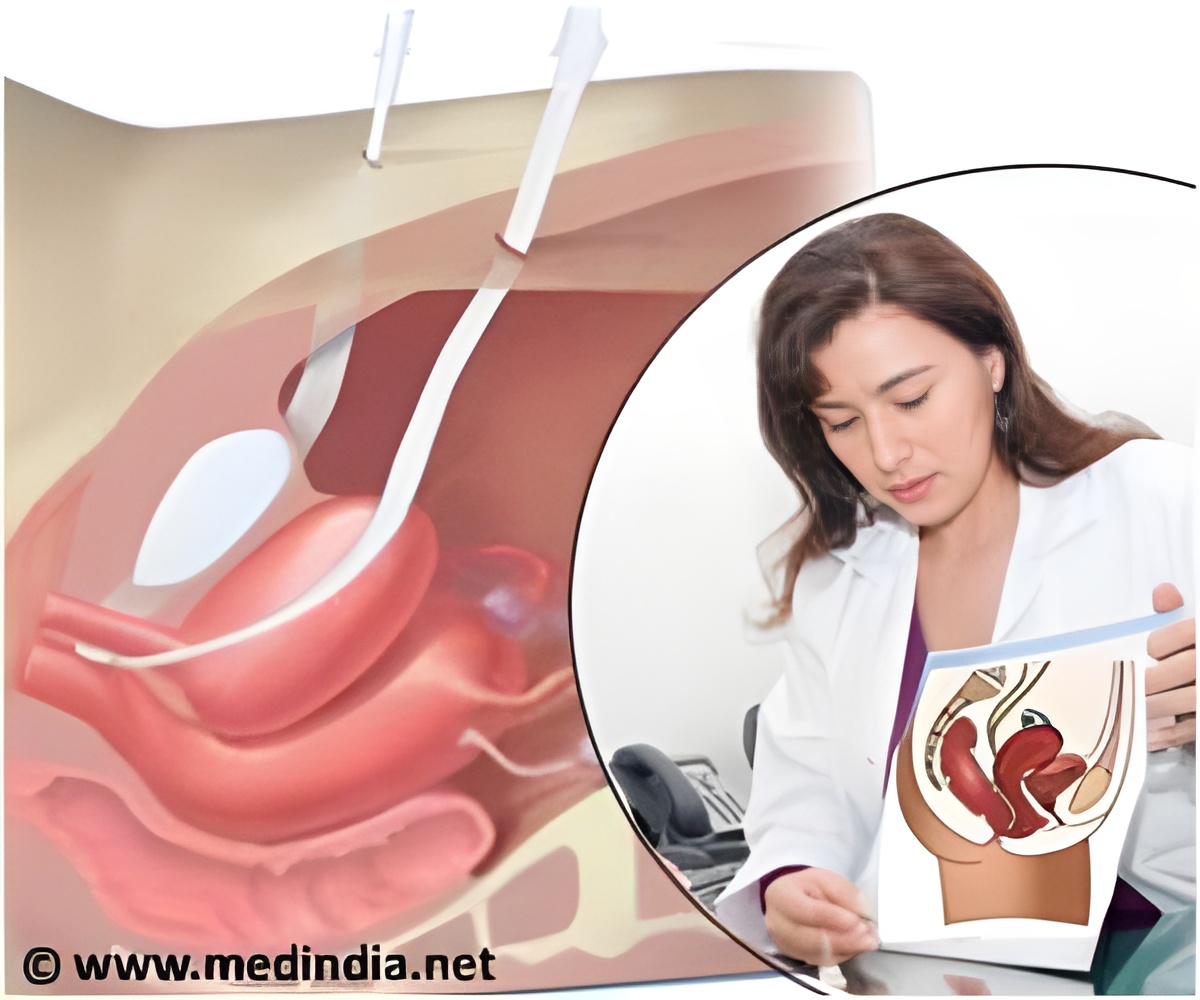
‘Severe vulvovaginal atrophy (VVA) symptoms have a direct association with worsened quality of life (QOL) in postmenopausal women. ’
Tweet it Now
Although few studies have been conducted to understand the relationship between VVA symptoms and quality of life (QOL), some survey data suggest that VVA is associated with a clinically significant effect on QOL comparable to that seen in conditions such as arthritis, asthma, and irritable bowel syndrome. The objective of the European Vulvovaginal Epidemiology Survey (EVES) was to describe the prevalence of VVA. More recent work based on a subanalysis of the EVES study focused on assessing the correlation of VVA symptoms with QOL of postmenopausal women. The survey results from more than 2,000 women were published in the article "The burden of vulvovaginal atrophy on women's daily living: implications on quality of life from a face-to-face real-life survey." They suggest that healthcare providers recognize the effect of these symptoms as equivalent to those of other conditions and pathologies for which there is greater awareness.
"Although both women and their healthcare providers are often reluctant to talk about it, vaginal atrophy (part of the genitourinary syndrome of menopause) affects quality of life, self-esteem, and the intimacy of relationships," says Dr. JoAnn Pinkerton, NAMS executive director. "The good news is that there are over-the-counter therapies, such as lubricants and vaginal moisturizers, as well as local vaginal prescription therapies that can relieve both vaginal dryness and painful sex and improve the quality of life for women."
Source-Eurekalert











